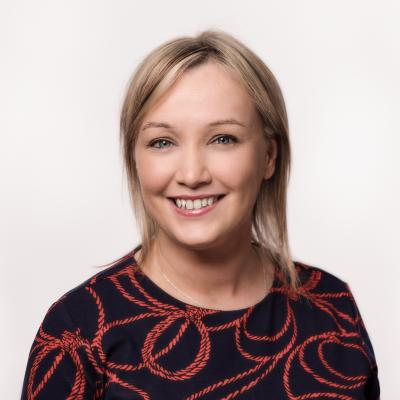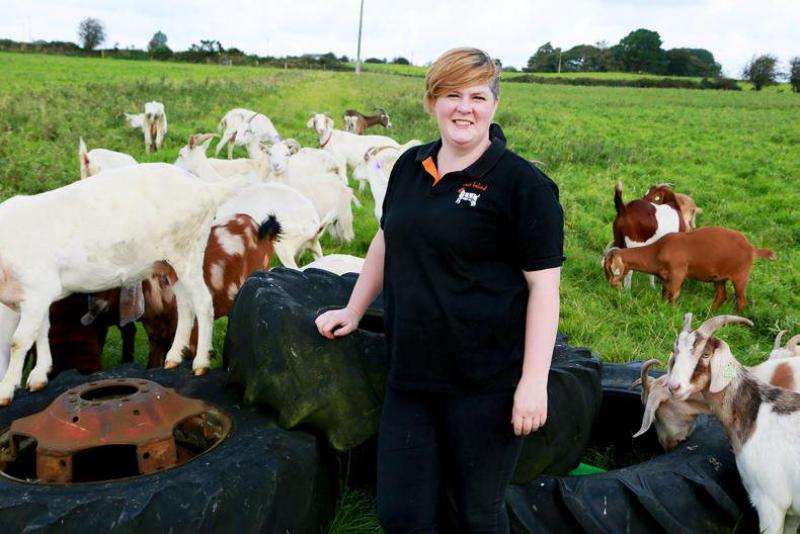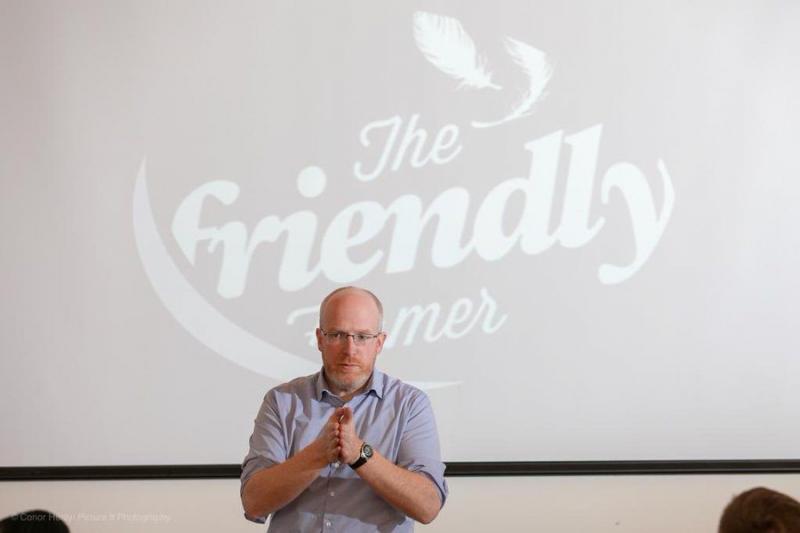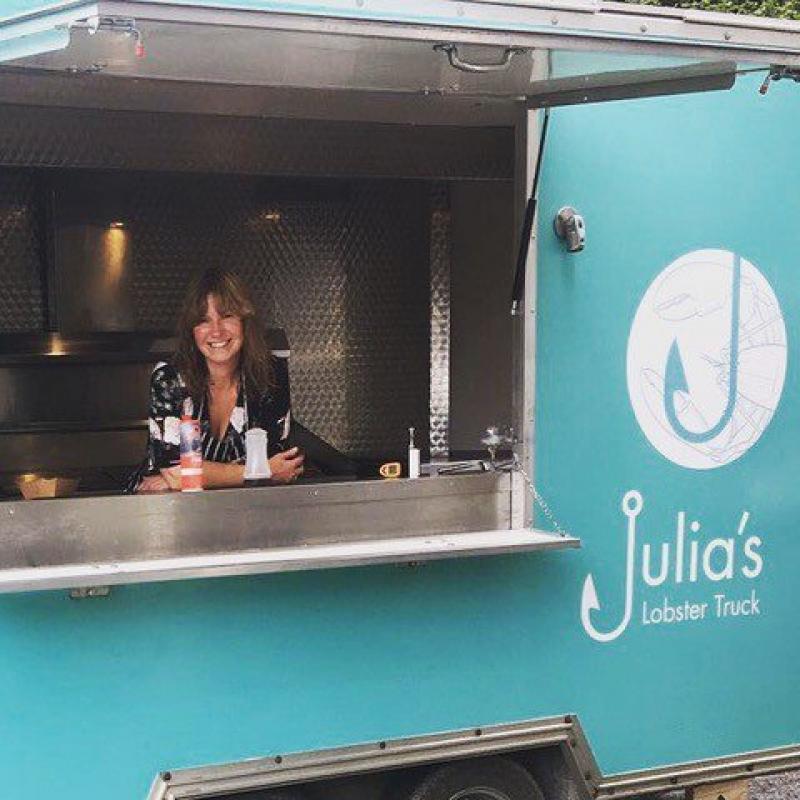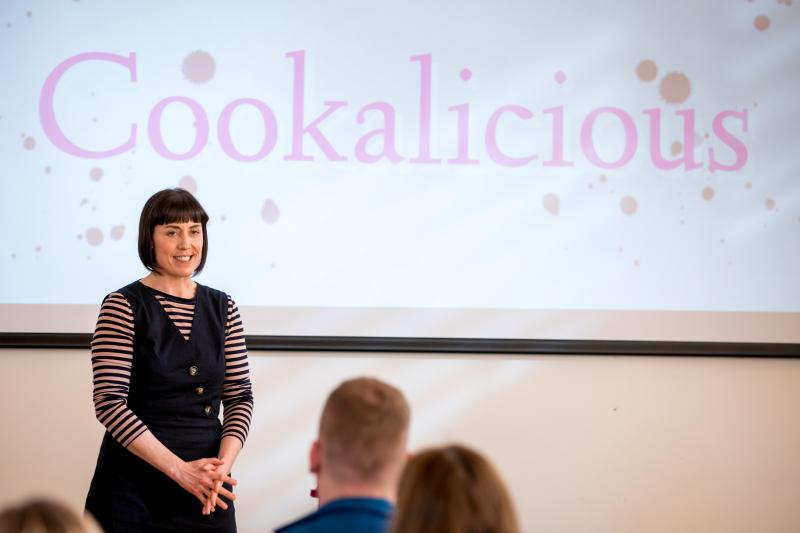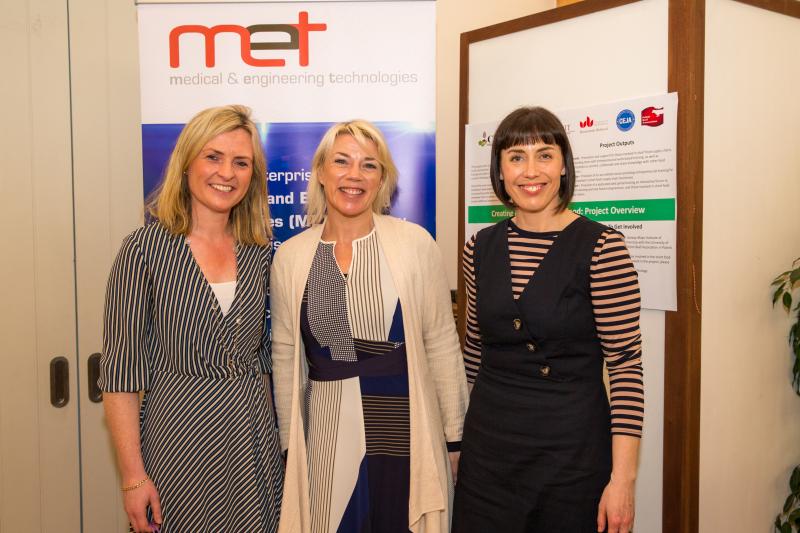In order to enhance and develop sustainable food systems for food production, educators need to consider novel methodologies that will support and nurture innovative thinking amongst their Agri- Food learners. Implementing strategies to promote innovation and entrepreneurship in this sector has been a priority for me and for the key personnel at the Atlantic Technological University. In 2016, I successfully applied for national funding to develop a programme that was designed to specifically meet the training needs of Agri-Food entrepreneurs. After securing funding for a number of Erasmus+ projects supporting the growth of entrepreneurship in the sector, the project teams and I introduced this novel type of training to over 30,000 Agri-Food stakeholders across several European countries. This has led to increased awareness of the need to support and grow entrepreneurs in this sector. The programme is unique as it is developed and delivered by academics, industry stakeholders and food entrepreneurs. This collaborative approach has enabled the team to develop a programme informed by industry, that is truly fit for purpose. Additionally, the programme has introduced a novel peer led training methodology (food entrepreneurs teaching food entrepreneurs). It moves away from the traditional style of classroom-based learning and promotes work-based learning, which focuses on the practical application of learning. This is embedded in the programme through several real-life industry challenges encouraging learners to put theory into practice i.e. “learning by doing”. It enables the learner to navigate the challenges of becoming a food entrepreneur in a very safe and supportive environment.



